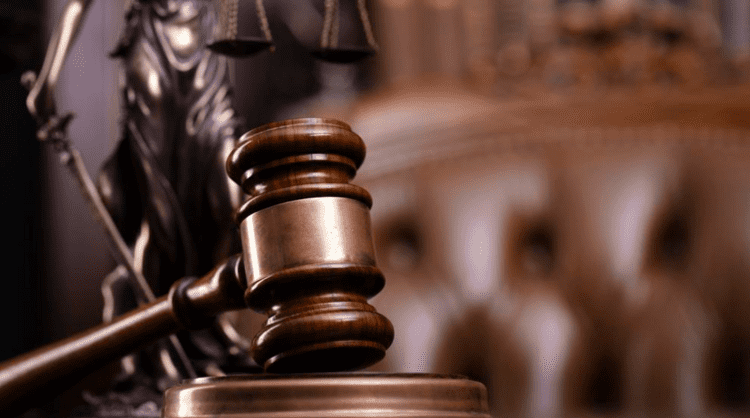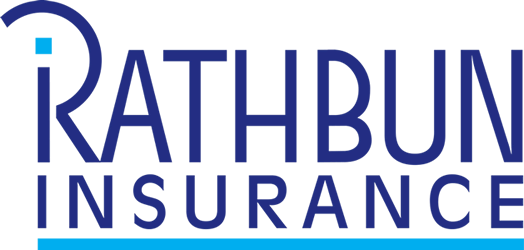
Intellectual property (IP) infringement is costly for businesses, paid social media influencers and content creators. Recent lawsuits against high-profile brands for using copyrighted music in social media posts demonstrate that IP violations can have serious financial consequences. You could be liable for your content and content created by paid influencers. And if you don’t have the right kind of insurance, you could be on your own.
Real-life infringement
For example, a cookie company was recently sued for $23.85 million after using copyrighted music in its social media posts. The lawsuit alleges that the company used copyrighted material in its own posts and posts created by influencers. Vicarious infringement is a legal principle that holds an entity or person responsible for someone else’s actions, usually in an employer-employee relationship.
In another case, an international hotel chain was sued by a music corporation for paid influencer reviews using unlicensed music. The case was settled out of court. However, reports say the parent company may attempt to recoup legal costs from its independently operated franchises, creating a financial predicament for its managers.
Large corporations and influencers may assume they can go unnoticed, but IP holders actively pursue violators, regardless of their size.
Find out more about industries affected by IP infringement and actionable steps you can take to avoid legal claims.
Businesses at risk of IP infringement
IP infringement isn’t limited to the entertainment sector. It spans nearly every industry that uses music, images or videos for brand promotion. Here are a few vulnerable industries:
Retail and e-commerce. Brands using music, stock photos or imagery in advertisements can overlook licensing requirements.
Hospitality. Hotels and restaurants that use copyrighted music in promotional videos, live events or even private spaces have faced lawsuits for playing unlicensed music in the background.
Fashion and beauty. Influencers promoting clothing lines or beauty products are frequent targets for IP lawsuits relating to music, branded imagery and unlicensed celebrity photography.
Tech and gaming. Livestreams, events and advertisements can face legal consequences for using unlicensed images and music.
Fitness and wellness. Fitness instructors and app-based services that use unlicensed music in videos, classes or apps can be sued for breach of copyright.
Content creation. Online creators, educational platforms, and individual influencers who use music or media without proper licenses are at risk.
Companies that use paid influencers. When a business relationship exists, a company can be held liable for the actions of influencers. Recent lawsuits, like the one against the cookie company, have targeted large organizations that use paid influencers to promote their brands. When the organization provides payment or free products, there is a legal relationship between the organization and the influencer. The organization also benefits from the relationship through increased sales or trending. A court could determine that this relationship makes the organization partially liable for the infringements of its paid influencers.
Companies and creators that use artificial intelligence (AI). Generative AI could increase IP infringement lawsuits as creators use it to circumvent the IP issues of direct sampling. However, just because AI created the output doesn’t mean you’re no longer liable. Until clear guidelines are established, you should have guardrails to avoid overstepping into copyright and IP infringement territory.
Ways companies can avoid IP infringement
There are practical steps you can take to protect yourself from lawsuits:
- Regularly review your licensing agreements to determine if any are absent or unclear.
- Invest in licensed or royalty-free media.
- Subscribe to licensed stock media.
- Train your team on copyright law, including partners and influencers.
- Review your contracts and advertisements with a knowledgeable IP lawyer.
- Establish clear contracts that include compliance clauses.
- Review and remove outdated posts or advertisements using unlicensed music or imagery.
- Set strict protocols and write clear contracts about using media from unlicensed sources to avoid vicarious infringement claims.
Ways content creators and influencers can avoid IP infringement
Influencers often unknowingly breach IP laws while trying to create attention-grabbing content. Here's how they can stay compliant:
Understand commercial use. Music available on platforms like TikTok and Instagram is typically licensed for personal use only. Obtain commercial licensing if you're using it to promote products or services. If a brand provides you with a song or image to use in your post, get confirmation of its licensed status from them in writing. Don’t rely on verbal agreements or assumptions.
Leverage royalty-free music. There are music libraries specifically licensed for influencers, like Artlist or Soundstripe.
Review partnerships. Before accepting a brand collaboration, talk to your lawyer. Confirm whether the brand requires you to include licensed music, videos, or images in your posts, and who is responsible for getting permission to use that material. Communicate with brands to ensure they provide the necessary rights or licenses for content creation. Don’t assume a brand will cover all IP liabilities.
Ask for permission. If you're unsure whether it’s OK to use a song, graphic, or video, contact the rights holder or licensing entity to request legal permission.
Use copyright scanning tools. Platforms like CopyrightCheckAI can identify risky content. This proactive step can help you avoid fines and litigation.
Document all content. Keep records of your posts, music choices and influencer contracts. Clear documentation helps defend against claims of willful infringement. Have your lawyer review all your contracts before you sign them, whether they’re new contracts or renewals.
Educate yourself. Reputable platforms offer online copyright education programs designed for creators. Use these tools to increase your compliance knowledge.
Don’t ignore cease and desist orders
Address all cease-and-desist orders immediately. A cease-and-desist order is a formal demand from an entity or person requiring you to stop engaging in certain activities. The demand is usually sent by mail with tracking so the sender can prove they notified you. The letter states the rights you’re accused of infringing on, such as defamation, copyright infringement, trademark violation or a privacy breach.
Review the allegations with your lawyer. They’ll help you determine the claim’s validity before taking further action. Ignoring a cease-and-desist order escalates the likelihood of a lawsuit and reflects negatively on you in court. A judge or jury might view it as a willful disregard for infringement laws. This could weaken your case, reduce your credibility and result in harsher penalties for you. It could even negate your insurance coverage.
Obtain proper insurance
General liability insurance or business owners insurance might be limited in terms of IP or copyright claims coverage. On the other hand, media liability insurance covers legal defense costs, settlements and judgments in claims arising from content creation, including:
- Defamation
- Copyright infringement
- Invasion of privacy
- False advertising
Once a niche coverage for certain professions, media liability has become the norm for businesses and content creators. Willful negligence, like ignoring a cease-and-desist order, could result in a claim denial. Always act in good faith and in compliance with copyright laws.
IP compliance matters
Whether you're a global brand or a startup, ignoring copyright laws leads to lawsuits and erodes trust in your brand. Intentional violation of IP laws isn’t covered by insurance. If you can’t prove you tried to stay compliant, you may end up paying the legal fees alone.
Auditing your content, leveraging licensed resources and creating transparent workflows can help you avoid legal traps. Respecting creators’ rights is essential in building authentic and lasting relationships with consumers and collaborators.

